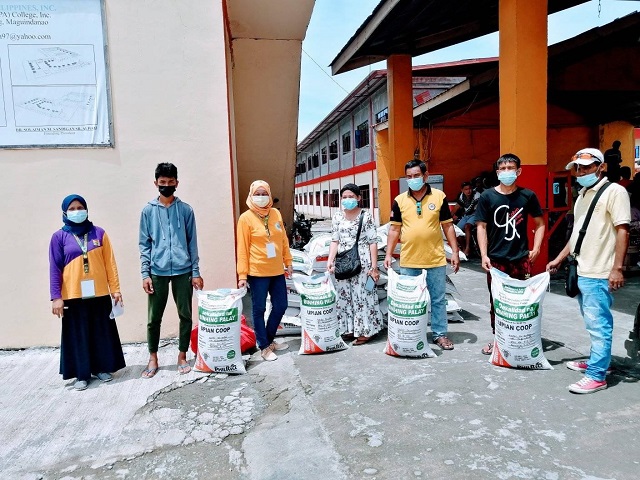
More farmers in 42 provinces are expected to cultivate high-quality rice seeds as the Rice Competitiveness Enhancement Fund (RCEF)-Seed Program appropriated higher allocation of certified seeds (CS) this wet season.
The allocation increase in the new target provinces is mainly due to more focused interventions of the Department of Agriculture. Under its Integrated Rice Program initiative, the department aims to provide strategic support and projects based on the needs of each province and region.
“The RCEF-Seed Program is now focusing on these 42 provinces because the adoption rate of CS in these areas is still low. Higher allocation means more farmers can use CS; thus, they have higher chances of achieving better yields. On the other hand, adoption of CS in the 15 provinces is already high. They can further improve their yield through the use of hybrid rice, which the DA-National Rice Program will provide,” explained Dr. Flordeliza H. Bordey, head of the RCEF-Seed Program Management Office.
Records show that Misamis Oriental, Masbate, Maguindanao, La Union, Zambales, and Saranggani secured a 180- 320% increase in seed allocation, while Antique, Ilocos Sur, Bohol, Zamboanga Sibugay, Zamboanga Del Sur, South Cotabato, and Bulacan received the most number of additional bags, ranging from 35,000 to 47,000.
Bordey assured the local chief executives of the program’s target areas that the high quality of the seeds being distributed are maintained as these underwent field monitoring, laboratory tests, and delivery inspection.
She said no significant problem was reported from the field regarding the germination and purity of seeds procured and delivered by DA-PhilRice.
Aside from seed distribution, the program also conducts a technology demonstration called PalaySikatan in select municipalities across the country. Modern technologies including newly released and recommended rice varieties, tools, machines, and practices in crop establishment, nutrient management, and harvesting are being showcased here.
“We bring location-specific technologies to farmers’ fields for our rice growers to witness how these technologies coupled with proper crop management practices can help achieve maximum productivity,” Bordey said.
The RCEF-Seed Program is a component of the Rice Tariffication Law, which aims to help Filipino rice farmers prosper and become globally competitive. It has a P3 billion annual budget to help develop, propagate and promote high-quality inbred rice seeds, and organize rice farmers to establish/ build seed grower cooperatives and associations engaged in seed production and trade. Farmers under this program can also avail of trainings, machines, and credit with low interest.
The local government units and lawmakers assist in its implementation. DA-PhilRice leads the RCEF-Seed Program, and is the government’s lead agency on rice research and development mandated to help ensure a rice-secure Philippines. With eight stations across the country, its programs and projects are in line with the DA’s “Masaganang Ani, Mataas na Kita” battlecry.




